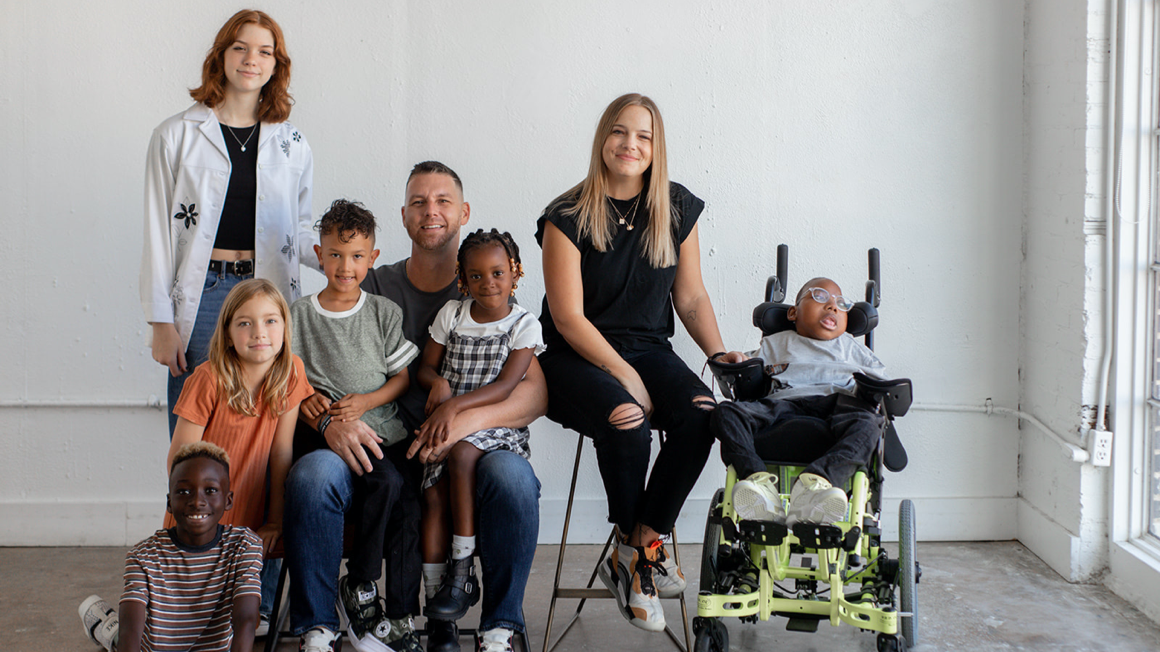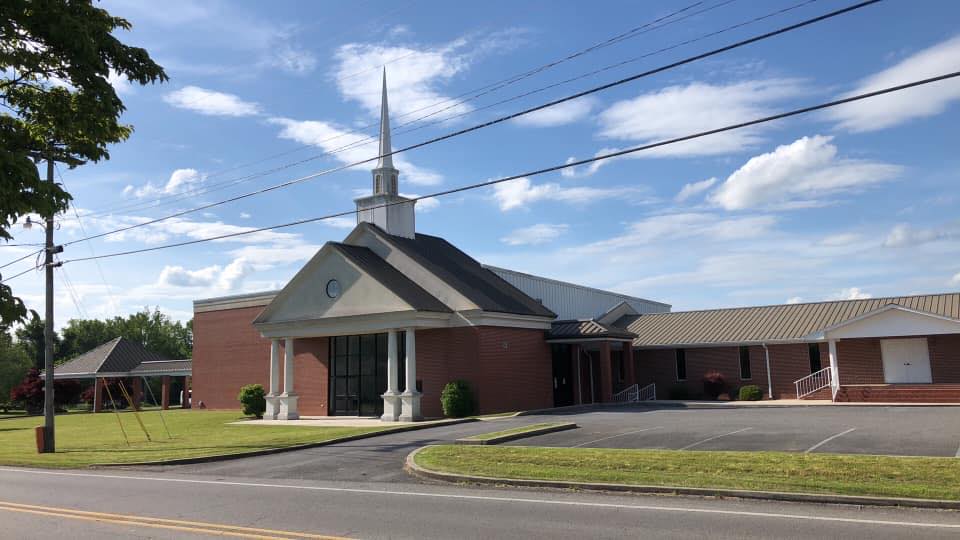For a church considering a foster/adoption ministry to help children in need, more than passion is required.
It takes focus, strength and commitment from church members, and trauma-informed training that teaches participants how to love people where they are and understand what they have experienced, according to a recent webinar.
Send Relief partner Carly Souza has adopted six children. She and adoptive parents Shane and Kasi Pruitt recently hosted an open conversation webinar entitled “When Kids Need a Home: How You and Your Church Can Help.” Pruitt serves as the national next gen director for the North American Mission Board. The webinar discussed how the church can come alongside children going through adoption or foster care.
This type of ministry does not mean everyone has to get in line to bring children into their homes — there are many ways to serve, the webinar hosts said, and there are always needs to be met and a need for more help.
Thousands of children are awaiting foster or adoptive parents, but it is important that everyone is on the same page about the ministry, the hosts insisted, or it will not be successful.
The foster care and adoption process usually starts with loss and trauma, so it is dangerous to go into such a ministry thinking it is all “unicorns and rainbows,” they added. But God calls Christians to difficult situations, so just because it is difficult does not mean it is not God’s will.
There is trauma, but there also is redemption.
Creating a culture
As leaders, equip people for the work of the ministry, webinar hosts said. Part of that is loving people where they are and one of the first steps should be trauma-informed training, available through Send Relief and other organizations.
There are reasons children act out, probably directly related to the trauma they experienced with their biological families. To love them the way they need to be loved and lead them to love Jesus, Christian experts say, requires education.
Trauma-informed training helps everyone involved understand children’s behaviors, whether they were just removed from their biological parents or the parents divorced. This training changes the culture in student ministries, enabling people to understand past behavior.
What is your calling?
All Christians are called to be missionaries, but everyone’s calling looks different and there are many ways to be part of a foster and adoption ministry. As one expert has said, someone may not be called to plant a church in Africa, but they can support the person who is.
For example, a mechanic might offer to change the oil in the car of a single parent who is fostering or has adopted. Champion a family in the church that has chosen to foster or adopt by offering a meal once a month, babysitting or mowing the lawn.
Prayer is key
Prayer is the most important aspect of a foster care/adoption ministry, not only for the children but for families caring for them and the families that no longer have their children, the webinar hosts said.
The loss and trauma the children and families feel is deep, and it can be difficult for some children to accept love, kindness or steadiness.
People expect children to be thankful they were placed in foster care or adopted, but the children have also lost their biological family. Pray for healing and that they can accept God’s love and kindness.
Build “care communities”
Reach out to foster or adoptive parents and ask what would be helpful for them. Send Relief has resources to help a church build a care community.
Seeing a whole community reach out in love and support helps bring healing to children who are in loving foster or adoptive homes.
Family advocacy coaches
Send Relief has coaches available to connect groups to an existing foster care/adoption ministry or to help start one in the local community. Find out where the gaps are so you can fill them, webinar hosts suggested.
Trained coaches are available to walk churches and individuals through the process.
Trust-Based Interventional Training offers help for caregivers of children who have faced abuse, neglect or other trauma, including church volunteers.
Be informed, guided by prayer and committed when starting a ministry for foster and adopted children.






Share with others: